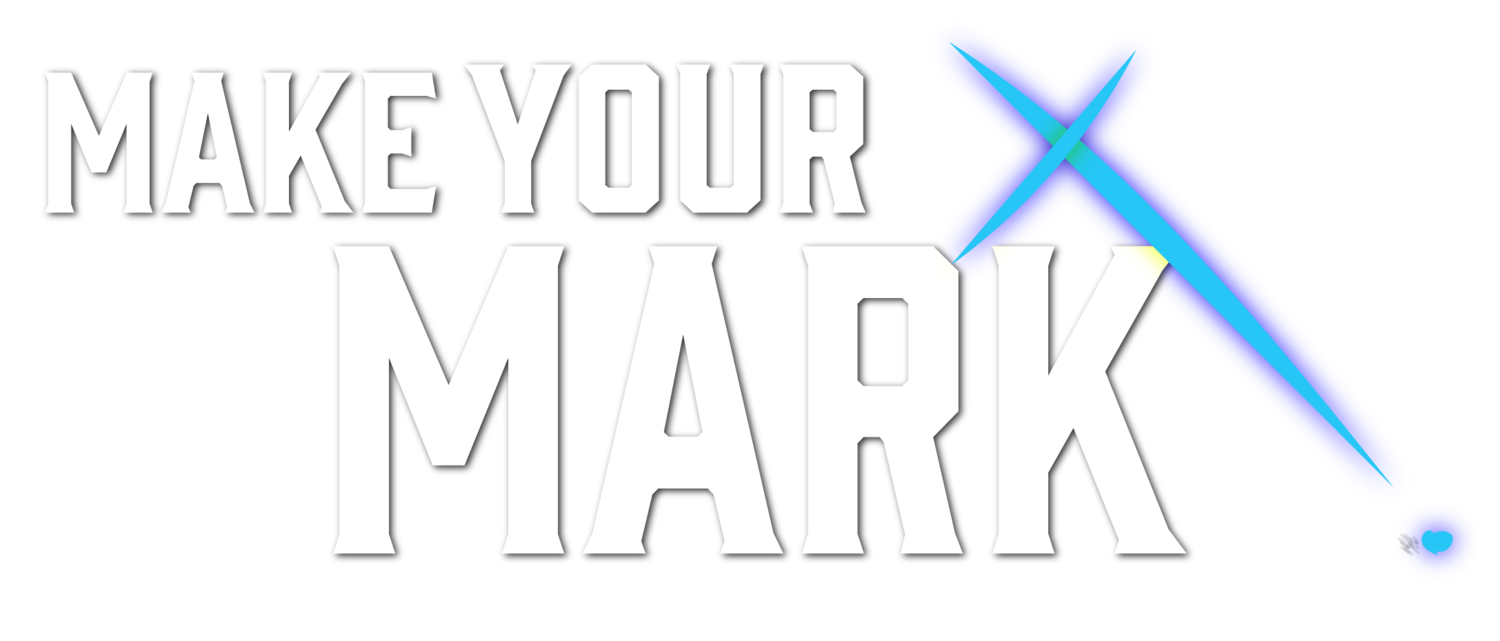Originally published to LinkedIn on March 18, 2016
You know, those less than 10%-ers that will truly help you and your career? Where the heck are they?
In my last post, I covered how to impress your recruiter enough that he/she wants to not only represent you to hiring managers, but just as importantly, wants to market you to those who may not be actively hiring now, but will develop an interest in seeing you anyway. But before I suggest to you how to find these top 10% recruiters, a quick reminder about the recruiting model, and my place in it.
The cold hard truth is that I don’t earn money by spending time assisting and advising those candidates I cannot place. However, I am personally a firm believer ofWGACA…”What goes around, comes around”, and that is why I often choose to help someone I cannot personally place. I have often received calls from my candidates who tell me that it was my advice and approach that allowed them to get hired, naturally resulting in a nice placement fee for another recruiter. “You’re welcome!” (Side note – it was this offering of advice that led me into my coaching practice several years ago). But again, WGACA, and these people who I have given advice to will ask me to help them hire professionals at their new place of employment, and thus a new client develops, or a current one becomes stronger. I would estimate that at least 80% of my recruiting clients / hiring managers have been or are currently candidates of mine.
So at this point you’re wondering, in the spirit of WGACA, how are you going to help me, Mark?
When do you call a recruiter?
1) Just as you have been laid off, or if you sense you may be let go soon.
2) Curious about the market and your place in it as it evolves.
3) Heard that company XYZ is hiring again.
4) Friends are making more $ at a similar firm.
How do you choose which recruiter(s) to call?
1) Referrals…ask your friends who they use and trust.
2) Ask internal HR if you’ve been laid off who they use (and recommend).
3) Check to see which firms are advertising in your desired career choice, and which seem to be most prominent in the industry websites you are on.
4) LinkedIn of course...see which recruiters / search firms are writing content in your area of expertise, and seek the ones that seem to have credibility.
Please note: Before you send your resume, it is critical to “interview” your recruiter, as they will be your career "agent" in the job search process.
Ask many questions, and try to determine if the recruiter is…
- Articulate and intelligent – if they sound that way to you, they sound that way to the employers, and likely have a strong reputation in the business.
- A good listener – they ask many questions about you and what you want to do, your goals, strategy, etc, as opposed to what they want you to do.
- Knowledgeable of the business – understanding of the lingo, knows whom the players are, name-dropping.
- Up-front and honest – they avoid sugarcoating, and play it straight with you, giving you a true assessment of your prospects.
- Friendly and courteous – again, see #1, but also so much easier to work with someone that way.
- Organized – it should be clear to you that they remember previous notes about conversations you’ve had, meetings, etc…
- Not afraid to deliver bad news - this is a big one! How many times have recruiters disappeared after your interviews, never to tell you where you stand? You can likely figure out you're not the choice, but to be left in the dark is worse than hearing that you came in 2nd, 3rd, wherever. Plus, receiving constructive feedback on how to improve your interview performance is essential!
During the conversation with the recruiter, make sure to try, if logistically possible, to meet with him / her in person. You learn so much more about a person when you can look them in the eyes.
Now you’ve convinced the recruiter to meet with you…where do you go from here?
First, it’s critical to break the ice, relax a bit, etc…you’re both in this together, and you both have the same goal!
If I am sending you into an interview against five other candidates, I want YOU to get the job, not any of the other five! I will do everything I can to prepare you for that set of interviews, because I want you to beat the competition. And not barely – I want their selection of you to be a no-brainer!
In fact, throughout my career as an executive recruiter, I've been preparing professionals just like you for your interviews by demonstrating the proven techniques that will get you closer to an offer, allowing you to take control of how the interview progresses, and teaching you the 3 critical steps to take when preparing for your interviews.
Once you understand and learn to master these steps, you will have much greater confidence heading into your interviews, not being worried about any question you will be asked (what, you mean "where do I see myself in 5 years"? ugh), and be much more comfortable showcasing what you truly bring to the table, allowing your interviewer to envision you in that position.
If you find that this post was helpful to you in any way, please share it with 3 of your connections, fellow group members, and share it on your social media. This is exactly how I pick up great tips and ideas from some of the other thought leaders here on LinkedIn, and I'd greatly appreciate any efforts you make to do the same.

